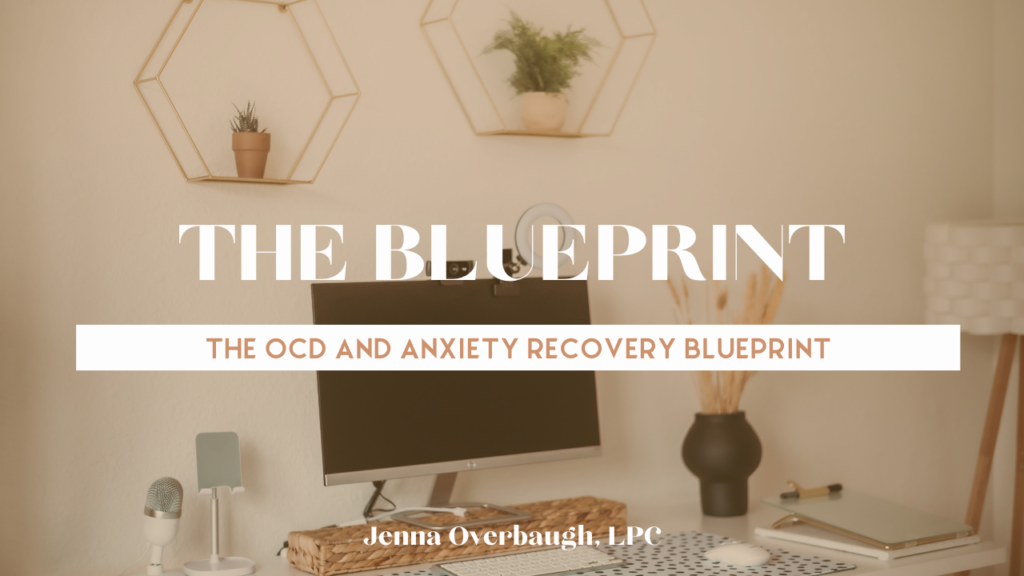Navigating OCD and Anxiety: A Cost Benefit Analysis in Your Journey to Recovery
October 10, 2023
Introduction of OCD and Anxiety
Living with OCD and anxiety can feel like an unending battle, one that often leaves you feeling trapped and overwhelmed. In this blog, we’ll delve into the world of OCD recovery and explore a crucial concept: the cost-benefit analysis of pursuing evidence-based treatments like Exposure and Response Prevention (ERP), Acceptance and Commitment Therapy (ACT), and Metacognitive Therapy (MCT). By the end of this journey, you’ll gain insights into the invaluable benefits of seeking help and how it can empower you to reclaim control over your life.
Understanding OCD and Anxiety: A Complex Duo
OCD (Obsessive-Compulsive Disorder) and anxiety often go hand in hand, creating a challenging and distressing cycle. Intrusive thoughts, compulsions, and the constant fear of something going wrong can make daily life seem like an insurmountable hurdle. However, it’s important to remember that help is available, and seeking guidance is a critical step towards a brighter future.
The Power of Evidence-Based Therapies
- Exposure and Response Prevention (ERP): ERP is often a front line treatment for OCD. It involves exposing yourself to your obsessions gradually, without engaging in compulsions. While this might seem intimidating, ERP helps you confront your fears and teaches your brain that these fears are irrational. Over time, the anxiety lessens, and your control over your obsessions strengthens.
- Acceptance and Commitment Therapy (ACT): ACT focuses on accepting your thoughts and feelings rather than trying to control or avoid them. This approach helps you build a rich and meaningful life, even in the presence of anxiety or obsessions. By embracing your experiences, you can take steps towards recovery without being held back by fear.
- Metacognitive Therapy (MCT): MCT targets the thinking processes that contribute to OCD and anxiety. It helps you recognize and change unhelpful thinking patterns, reducing the grip of obsessive thoughts and compulsions.
The Cost-Benefit Analysis
Now, let’s talk about the cost-benefit analysis of these therapies. Yes, recovering from OCD requires an investment of your time, energy, and resources. But what you gain in return is immeasurable:
- Improved Quality of Life: Freedom from the constant torment of obsessions and compulsions means you can engage more fully in life. Relationships, work, and hobbies become sources of joy rather than sources of anxiety.
- Reduced Emotional and Physical Toll: Anxiety and OCD can take a toll on your mental and physical health. By addressing these issues through evidence-based therapies, you can reduce the risk of associated health problems.
- Long-Term Savings: While therapy may seem like an expense now, consider the long-term savings. You’ll likely spend less on coping mechanisms, such as avoidance behaviors or excessive self-help books, and reduce the risk of hospitalization or emergency care.
- Empowerment: By working with a therapist skilled in ERP, ACT, or MCT, you gain the tools to manage anxiety and OCD independently. You become the driver of your recovery journey.
In conclusion, the cost-benefit analysis of pursuing evidence-based therapies for OCD and anxiety is overwhelmingly positive. The investment in your mental health yields priceless rewards in terms of improved well-being and a brighter future. Don’t let obsessions and anxiety hold you back any longer – seek professional help and take the first step towards lasting recovery.
Remember, you don’t have to face this journey alone. There are lots of resources out there available for you, including my 3 part, digital and self paced course called The OCD and Anxiety Recovery Blueprint. Your future self will thank you for it.
Resources for Your OCD and Anxiety Recovery
To learn more about OCD and anxiety recovery strategies and resources, visit my website at www.jennaoverbaughlpc.com. Here you can find additional support and guidance.
Want more content like this? Check out some of my related podcasts and The OCD and Anxiety Recovery Blueprint below.

This post is for informational purposes only and may not be the best fit for you and your personal situation. The information and education provided here is not intended or implied to supplement or replace professional advice of your own professional mental health or medical treatment, advice, and/or diagnosis. Finally, make sure to check with your own physician or mental health professional before trying or implementing anything read here.
© 2023 Jenna Overbaugh, LLC
most popular episodes
Love my podcast?
Episode 112: Postpartum OCD and False Memory OCD
Imagine how in depth I can go in an online course. Instantly downloadable and game-changing. Take the next step towards an amazing life.